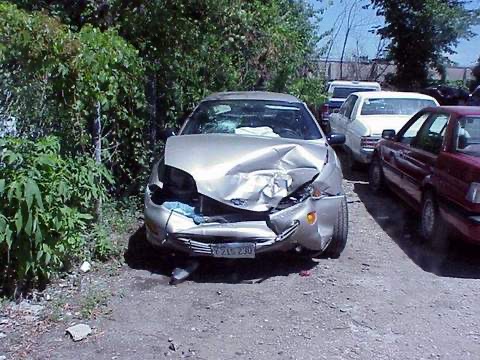Torts Spring 2024
House of Russell
Office Hours: Tuesdays, 1-2 p.m. and Thursdays, noon-2 p.m. (Click to make appointment)
Thomas D. Russell, J.D., Ph.D.
Professor of Law
Attorney at Law (Active in Colorado and California)

Torts, which is about car crashes and civil rights, is a measure of whether and how much we care about each other. Torts is also about how injured persons seek compensation within the system of civil justice. Most importantly, the course covers unintentional torts and the question of liability for negligence.
Torts is a required course because the concepts and methods are fundamental to approaching law as a lawyer in a common law country. In this respect, the course is like an introductory course in a foreign language. If you can talk torts, you share a common set of language and concepts with lawyers in the United States, Ireland, Canada, Australia, the United Kingdom, and other countries.
This course is very practical and sometimes lightly theoretical. Rarely does this course focus impractically on just the rules. Note, however, that this is not a course that will teach you how everything you need to know to practice personal injury law, although you will come away with many practical ideas about doing so. Just learning the basic outlines of this substantive area of law is a sufficient task for a foundational course such as this one. Even so, to the extent possible the course will include highly practical aspects of personal injury law.

The course emphasizes the empirical and sociological realities of the operation of the system of civil justice. (That’s academic jargon for “the real world.”) Students should always wonder whether the hype that they hear about the legal system matches what is happening in the world outside the law school.
In addition to focusing upon the empirical realities of tort law, the course also considers some of the theories that explain and/or justify the rules that are supposed to guide tort law and litigation. Consideration of the these rules is divided into topics, including damages, insurance, negligence, duty, causation, defenses, and intentional torts.
Students will find their assignments on this website.